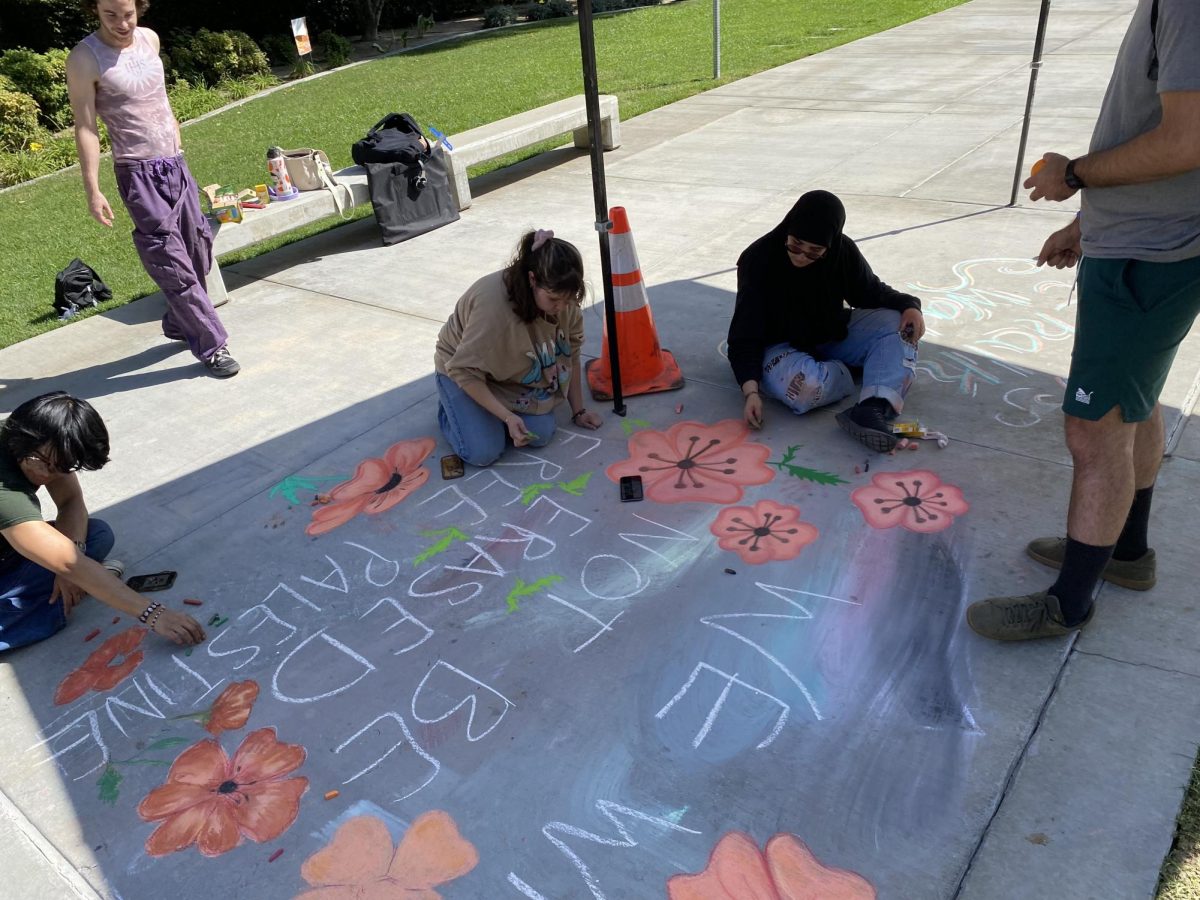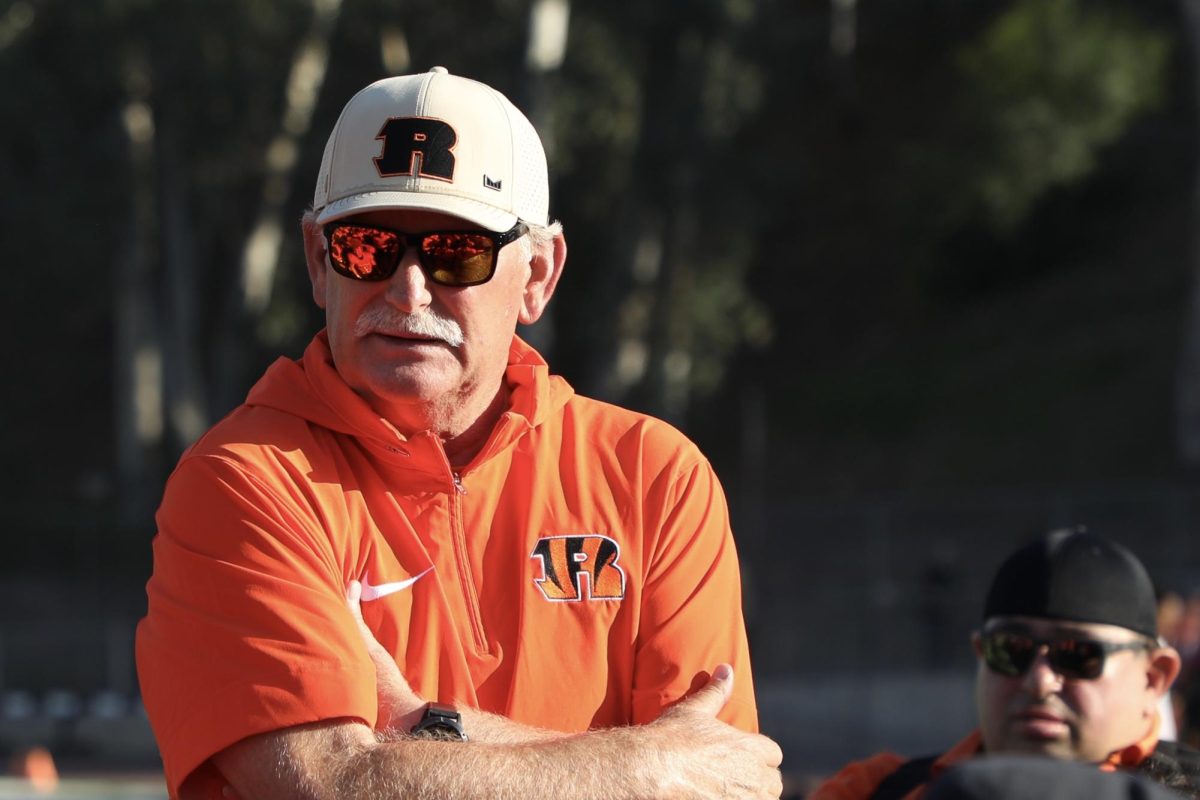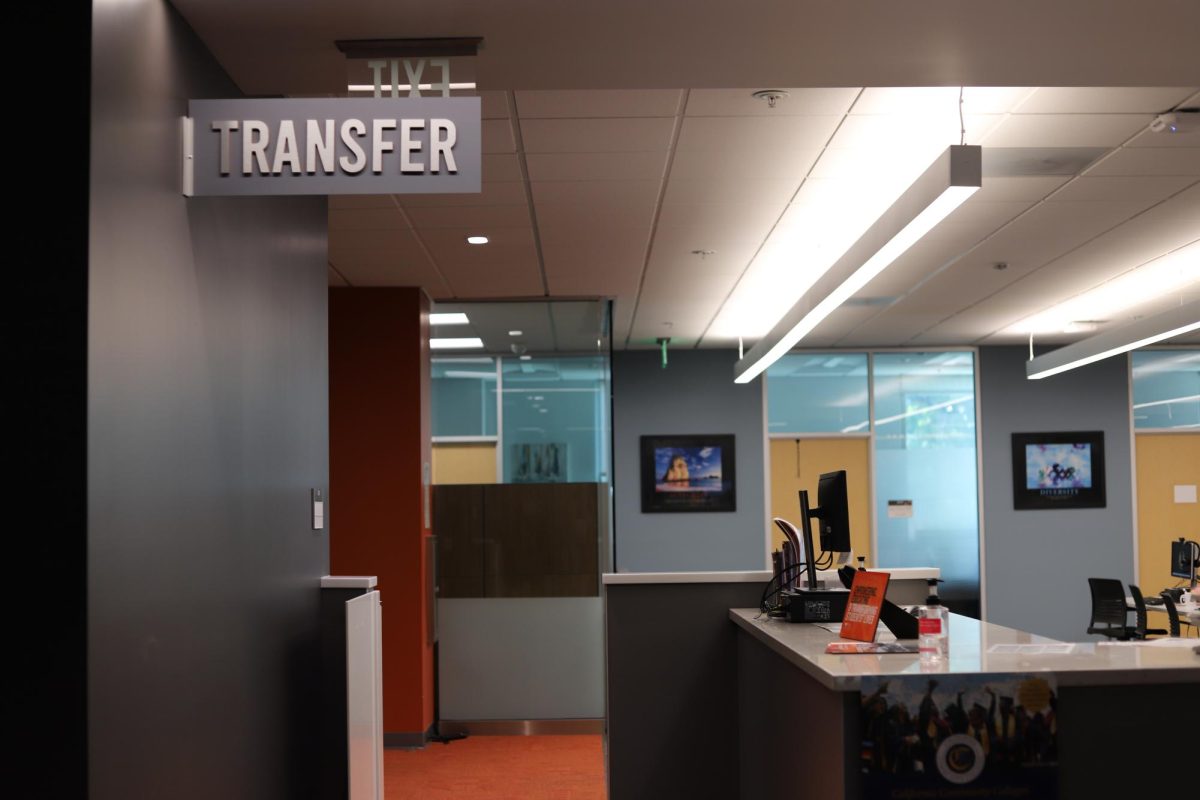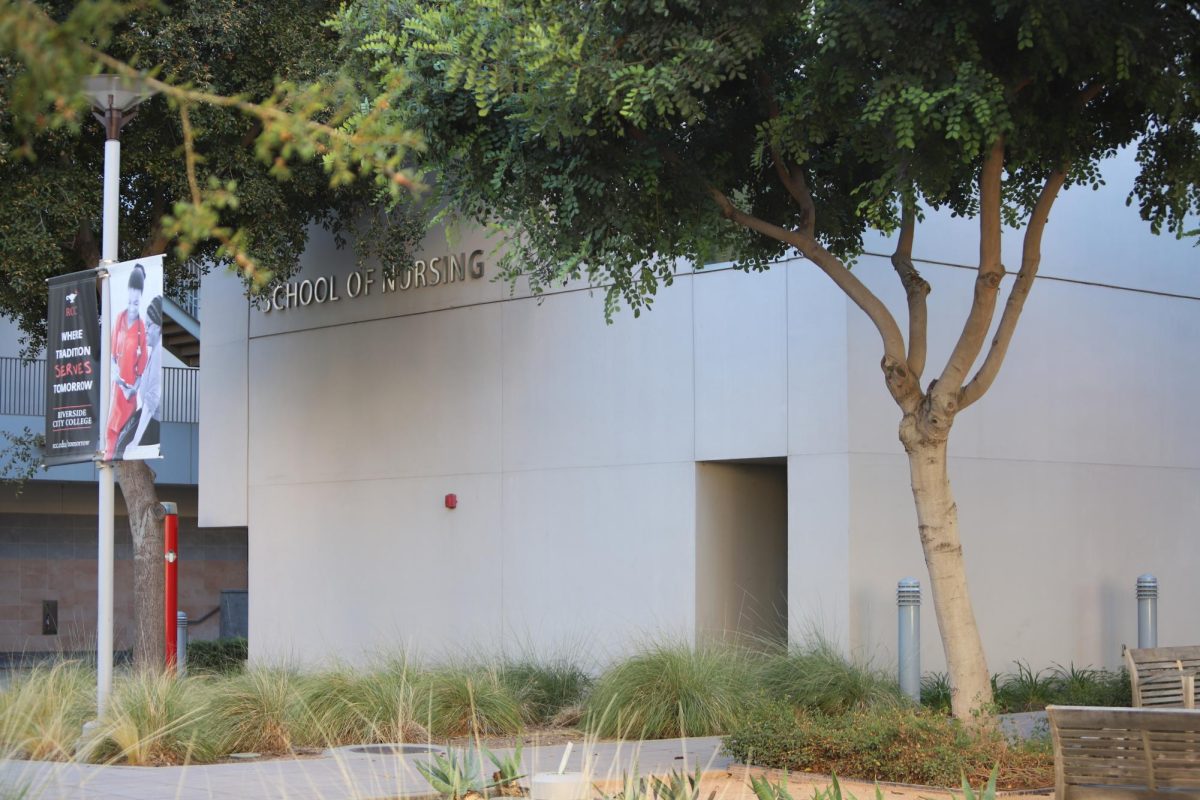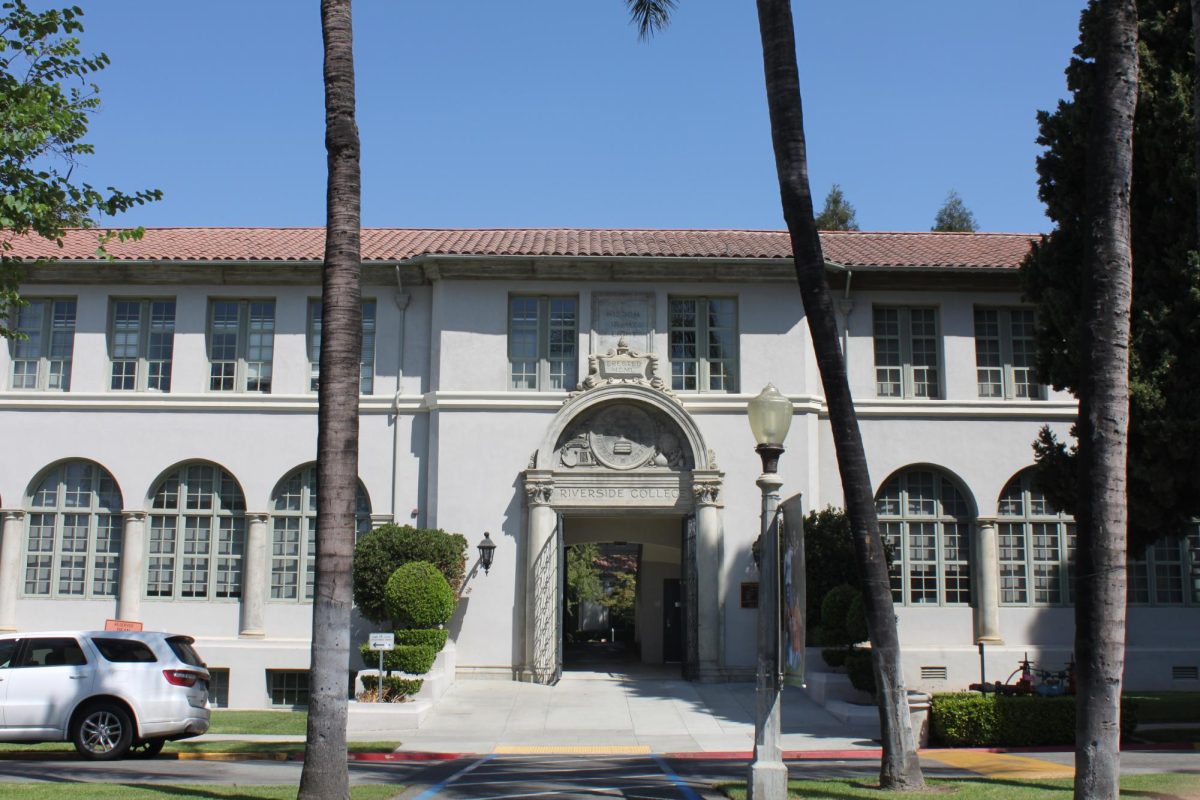
By Jennipher Vasquez
The Riverside Community College District Police Department is implementing 21st century policing strategies, aiming for a proactive approach to providing safety to the district’s three campuses.
The 21st century policing strategies concept was brought about by former President Barack Obama’s task force to improve the interaction and relationships between law enforcement and the communities they serve.
RCCDPD Chief Shauna Gates emphasized the importance of the department creating, maintaining and improving relationships within each college campus to improve the reliability between students, faculty and campus visitors in order to engage and interact in a more positive way.
“We want to make sure they know that we are actually here for them and that we provide other services besides reacting to a potential criminal issue,” Gates said.
Gates said she wants to further advance methods in training, regarding how often their officers are trained and that they receive the appropriate training.
The RCCDPD has connected with the district’s Ben Clark Training Center, coordinated through Moreno Valley College, to take part in the instructor pool for upcoming trainings of implicit bias and procedural justice.
“There’s a small portion that is taught through the police academy for new hires and cadets, but the idea is that we prepare to teach that on a regular basis before it even becomes a complete requirement,” Gates said. “We are all making sure that all the chiefs and the sheriff in the county are taking steps to incorporate this in the training.”
In addition to the changes being made regarding interaction training within their department, Gates said they have made an enormous effort to revitalize and implement these strategies into their field training officer program, which officers from other local agencies and those that are new out of the police academy are required to complete.
She added that the department and the county want to improve trainings of implicit bias, procedural justice, racial profiling and de-escalation.
“We talk about perishable skills training that our officers are required to go through every two years,” Gates said. “Our mindset in the county and my mindset here within the district is that these are perishable skills, so let’s continue to increase that training.”
The department is looking forward to implementing its own de-escalation training courses that are Peace Officers Standards and Training certified, similar to the concept of implicit bias training.
Gates also highlighted how the resolution brought to the Riverside County Board of Supervisors by the Allied Riverside County Chiefs of Police and Sheriff in July of 2020 contained several amended procedures that have been enacted or are in progress within county agencies, including the RCCDPD.
“It is integrated already in our use of force policy,” she said. “All of our officers, including here, understand that that’s part of the policy and procedures of the department. They should always consider de-escalation tactics when they’re having an interaction with someone.”
She said that along with de-escalation, ARCCOPS addressed the carotid restraint within their departments by creating a document signed by all officers within their agencies in which they removed this tactic from their policies and procedures before it became official by the state.
Gates says she was actively committed to meeting with student governments at all three campuses prior to the start of the COVID-19 pandemic to discuss public safety and what is expected of the RCCDPD, especially in terms of police reform.
She also mentioned there were plans being put into place regarding active shooter trainings for those that wanted to participate.
“We’ve had to put some things on hold because of COVID, but we’re going to continue these meetings with student governments and Umoja and encourage people to ask us to join these meetings so we can provide whatever information we can and give our perspective on what their questions are,” Gates said.
The chief also said RCC’s Umoja Project reached out to the department after the George Floyd incident because they felt it was important for their students to have some sort of engagement with law enforcement.
“We had an open, honest conversation about several things, one of those topics being police interaction with community and citizens, and it wasn’t confined to interactions here at the college,” Gates said. “We want to keep that interaction open. We check in with the advisors for each of the groups if we’re needed for another meeting, and it should be all of our officers involved in these conversations so they can hear how our community is trying to relate to us.”
Gates said she wants all students to be aware that they can reach out to the department if anything is needed or if they have questions about anything, and emphasized that the RCCDPD is committed to engaging with students first and foremost.
“My main goal is to get all of our officers, including non sworn personnel, involved in outreach and meetings with our students, faculty and staff,” she said. “We are all about community service and engaging with our students. Enforcing the law is not our primary function. Providing a safe environment is our primary function.”


